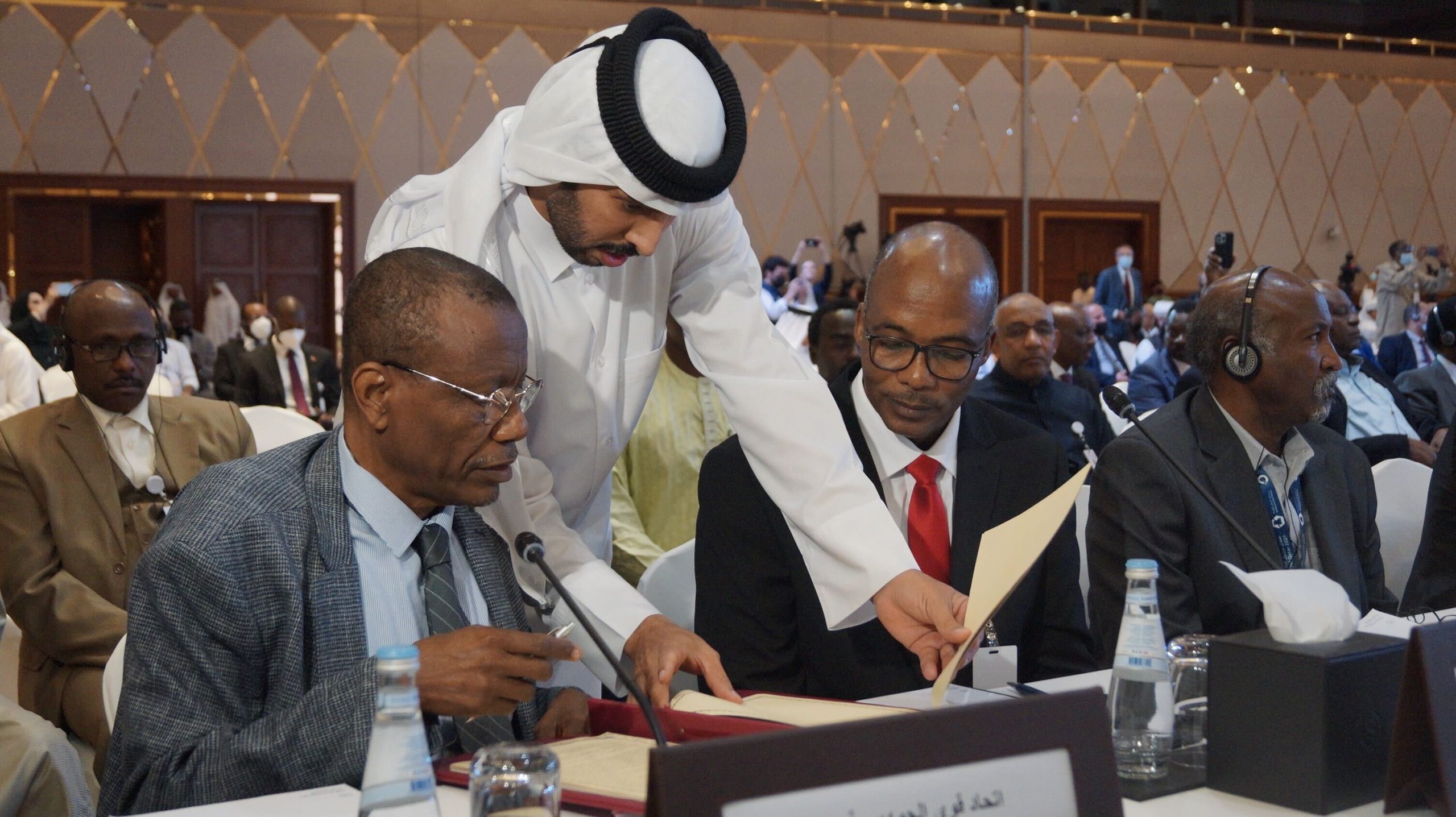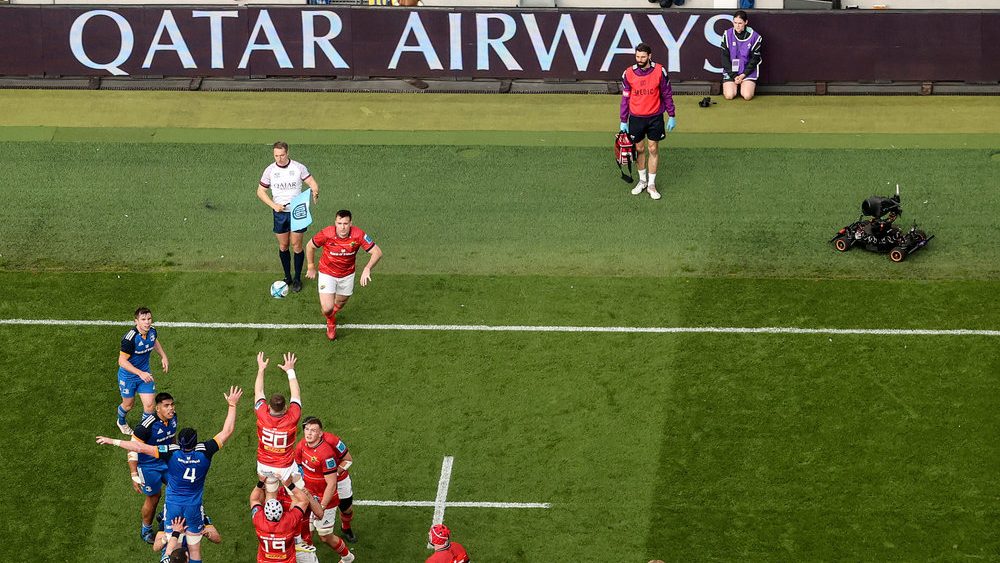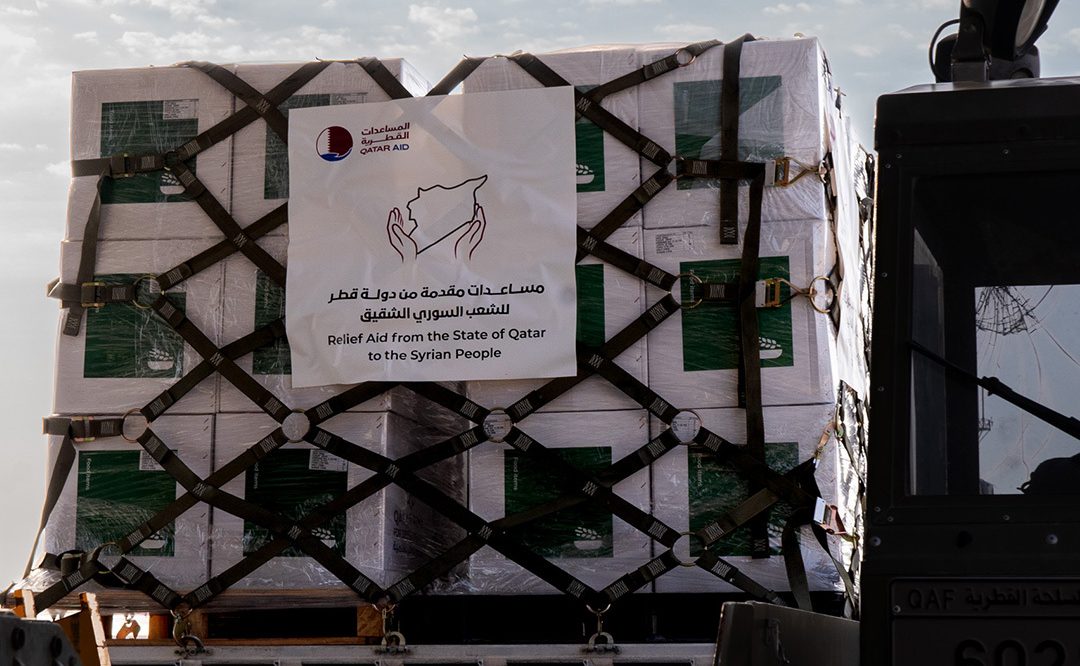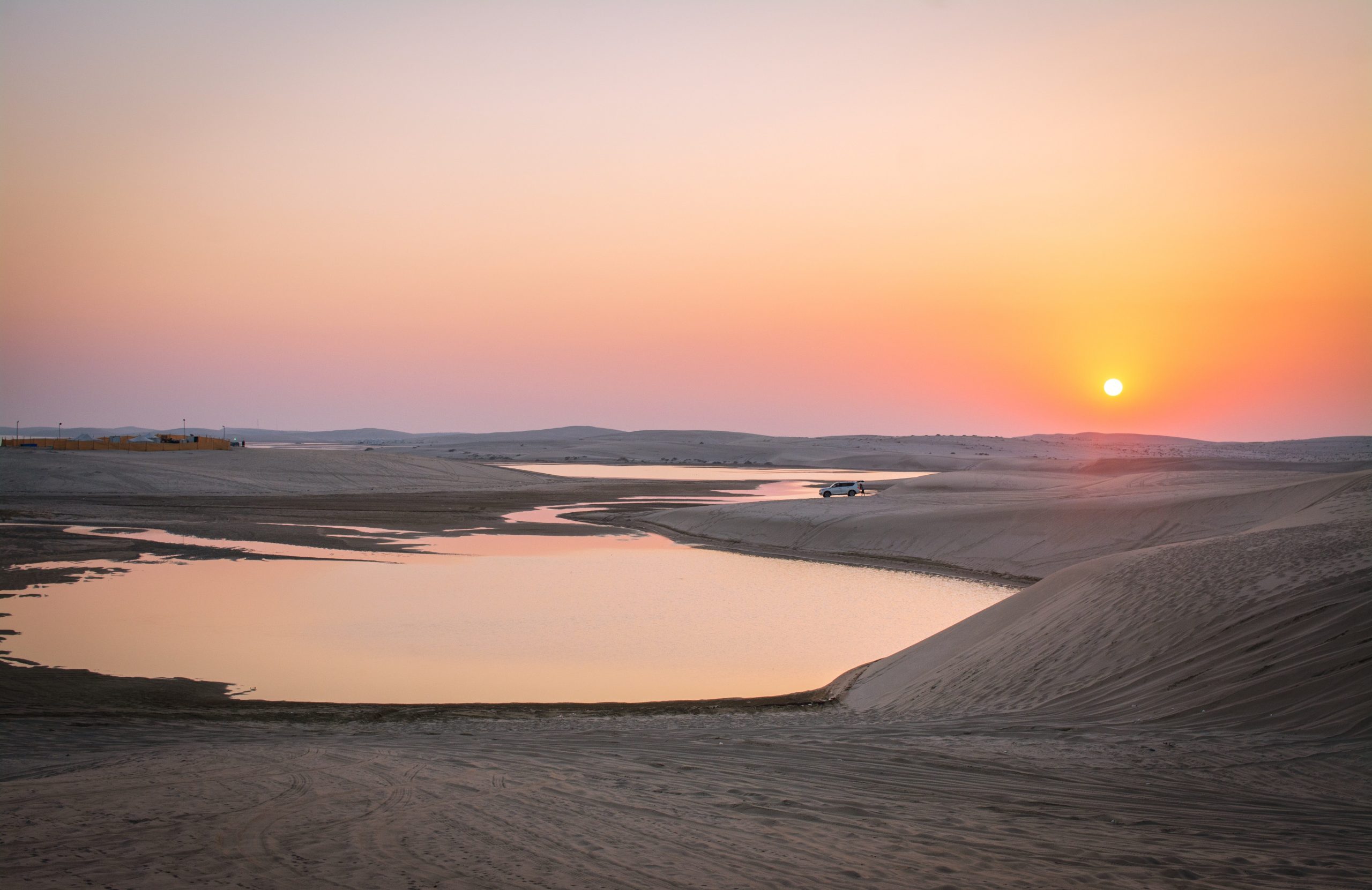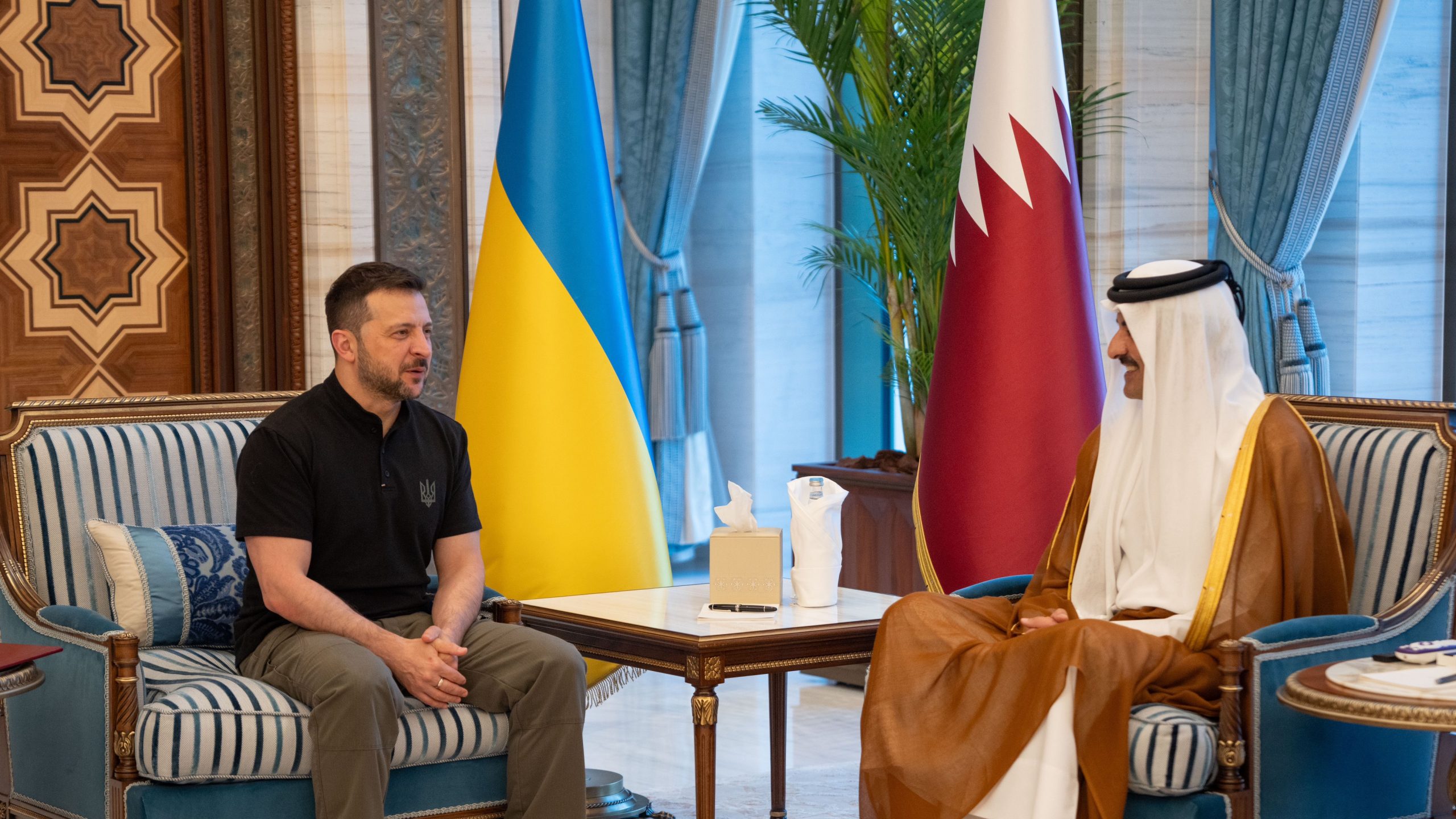The agreement comes just weeks from the national dialogue in N’Djamena.
The US State Department has praised Qatar’s role in facilitating the signing of the Chad peace agreement on Monday following months of talks in the Gulf state.
“We acknowledge the role of the Government of Qatar, the Chadian transitional government, and political-military voices in this process, and encourage all Chadian groups to join in ensuring peace, prosperity, and stability,” read a statement by US State Department spokesman Ned Price.
Price added that Washington stands with N’Djamena as it prepares for the National Dialogue, set to take place on 20 August, saying it is optimistic over Chad’s future.
“The United States stands with Chad as it coordinates a National Dialogue, revises its constitution, and organises free and fair elections of a civilian-led government that are held on time and reflect the will of the people and consistent with the principles outlined in the African Union’s May 2021 Communique,” said Washington.
Chadian politico-military parties signed the Doha Peace Agreement after partaking in talks since 13 March this year. The talks gathered more than 50 movements in an effort to break Chad’s political deadlock.
The signing was chaired by Qatar’s Foreign Minister Sheikh Mohammed bin Abdulrahman Al Thani while his Chadian counterpart Mahamat Zene Cherif represented the African nation.
“History has taught us that the solution to the Chadian crisis by military force is ineffective, and that the only way is through constructive dialogue through the negotiating table and achieving a comprehensive political settlement among all segments of the people of the Republic of Chad,” said Sheikh Mohammed.
The Qatari official added that his country “did not hesitate for a moment to accept mediation and host negotiations between the Chadian parties”.
Qatar’s Foreign Ministry Spokesperson Dr. Majed Al-Ansari also said the agreement “is a confirmation” of Doha’s “continuous approach in supporting mediation efforts internationally and resolving disputes through peaceful means.”
Speaking to the press after the signing, Chad’s foreign minister said that “Qatar harnessed all its capabilities to push the peace track ahead” through diplomacy. He added that “more than 1,000 people” will be present at the national dialogue in Chad.
Shortly after the ceremony, Qatar’s Amir Sheikh Tamim bin Hamad Al Thani met with President of Chad’s Transitional Military Council (TMC) Mahamat Idriss Deby and the Chadian delegations.
“His Highness clarified that this agreement is a first step that paves the way for a comprehensive national reconciliation dialogue in Chad, expressing his thanks and appreciation to the Chadian government and the Chadian opposition parties for their efforts and keenness on reconciliation,” said the Amiri Diwan.
‘Difficult’ five months
Speaking to Doha News on Monday, Mahamat Hassileck Halata, first vice president of the Union of Forces for Democracy and Development (UFDD) said five months of talks were “a bit difficult”.
“Five months of talks were a bit difficult and Alhamdulilah [praise be to God] there are today 35 movements that did not refuse [the talks] and signed the agreement,” said Halata.
Meanwhile, Oudda Maouloud, diplomatic and international representative of the Union of Resistance Forces (UFR), one of the major groups at the talks, said there is more to achieve.
“What we achieved is not all, because there’s more to do, especially some of the groups haven’t signed and this for us is a bit difficult, because we hoped at the beginning, at all levels of the negotiations we hope that everybody comes together, we go together and finish this matter once for all,” Maouloud told Doha News.
Fighters of the Front for Change and Concord in Chad (FACT) rebel group did not sign the peace accord. Last year, former Chadian President Idriss Deby was killed amid fighting between the government and FACT rebels.
For years, the group aimed to topple Deby.
Foreign minister Zene told the press in Doha that “those who rejected signing the agreement just missed a very big and important historical opportunity to be part of this process.”
The peace accord stipulates a ceasefire during the national dialogue as well as guarantees from the TMC to ensure safety of participating rebel groups.

